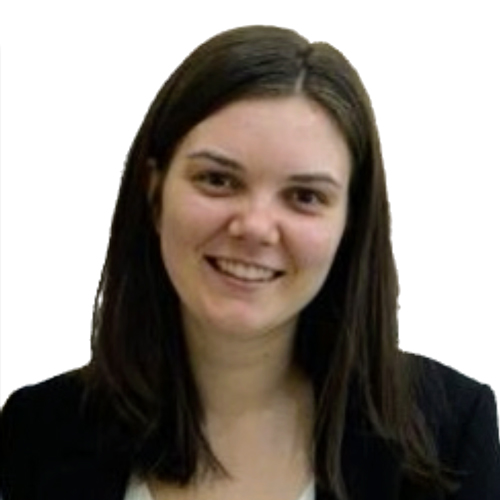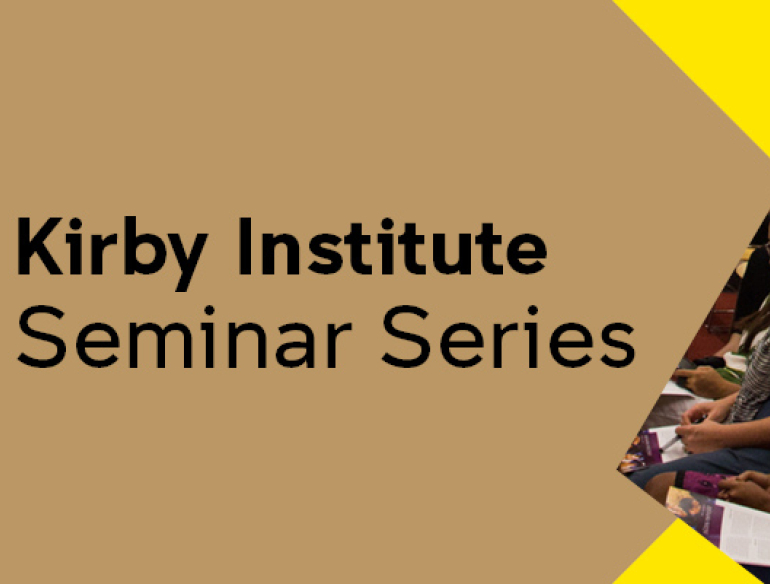The World Health Organization has set ambitious global targets for the control of a range of infectious diseases, including HIV, hepatitis B and hepatitis C, sexually transmitted infections, human papillomavirus, tuberculosis, and others. These global targets can only be attained if people at risk have access to accurate testing. However, for many communities at risk of these infections, timely testing is unavailable or difficult to access because it requires centralised, sophisticated laboratories. The recent advances in point-of-care testing have the potential to be transformative by decentralising accurate diagnostic testing in community settings, but in many contexts this potential remains unrealised.
POC23 was the first Australasian conference on point-of-care testing for infectious disease, hosted by the RAPID Point of Care Research Consortium for infectious disease in the Asia-Pacific and ASHM. This highly successful conference brought leading scientists, clinicians, and other stakeholders together to share challenges and discuss solutions to scaling up point-of-care testing in across settings, populations and infections. Our four speakers will provide their perspectives on key findings from POC23.
Speakers
 |
Dr Louise Causer Louise Causer is a medical epidemiologist and senior lecturer at the Kirby Institute. She has interest and experience across a number of international public health issues, primarily those with an infectious disease focus including HIV, sexually transmissible infections (STIs) and malaria. Her focus in recent years has been on STIs, including syphilis, chlamydia and gonorrhoea and the potential role and impact for point-of-care tests in remote communities across Australia, PNG and other resource limited settings. |
|
 |
||
 |
Dr Ineka Gow Ineka Gow is a molecular scientist on board the First Nations Point-of-Care Testing Program, with a strong background in molecular diagnostic assay development in the biotech sector and has extensive experience in the both the public and private pathology sectors. Ineka holds a PhD in molecular microbiology, awarded in 2023, with the University of Technology Sydney, developing real-time PCR-based detection of Leishmania parasites, designed and optimised for application in resource limited settings. She has dedicated her career to exploring the intricate world of microorganisms and their impact on human health, and is deeply passionate about the practical application of her knowledge and expertise in order to improve public health. |
|
 |
||
 |
Mr Robert Monaghan Robert Monaghan is a descendant of the Bundjalung (on his Grandmother’s side) and Gumbaynggir (on his Grandfather’s side) Nations; his family and extended family are from the North Coast NSW alongside the Clarence River at Baryulgil. He has worked within the Aboriginal community-controlled health sector with national, state and local governments for over 25 years. Robert is the Kirby Institute’s inaugural Manager of Aboriginal and Torres Strait Islander Health Research. In this role, he leads the development of systems, policies, and a cultural framework to support the Kirby Institute’s Aboriginal and Torres Strait Islander health research, is Chair of the Kirby Institute’s Aboriginal and Torres Strait Islander health research advisory committee, and a member of the Executive Committee. |
|
 |
||
 |
Miss Emily Phillips Emily Phillips has a background in Medical Science and Public Health, holding a Bachelor of Medical Science (Honours) and currently completing the Master of Applied Epidemiology. Emily is the Program Manager at the Kirby Institute for the MRFF funded Rapid Applied Research Translation (RART) project focused on the scale up and sustainability of infectious disease point-of-care testing for Aboriginal and Torres Strait Islander peoples. Emily is also a member of the Aboriginal and Torres Strait Islander health research and education advisory committee and the UNSW Aboriginal and Torres Strait Islander Sovereign group. Before joining the Kirby Institute in November 2022, Emily was the Director of Communicable Disease at the National Aboriginal Community Controlled Health Organisation (NACCHO). Emily is committed to combining her experience in research, policy and community engagement to contribute to improved health for Aboriginal and Torres Strait Islander peoples. |
Opinions expressed in the Kirby Institute Seminar Series are solely those of the speaker and do not necessarily represent the views or opinions of the Kirby Institute or UNSW.
